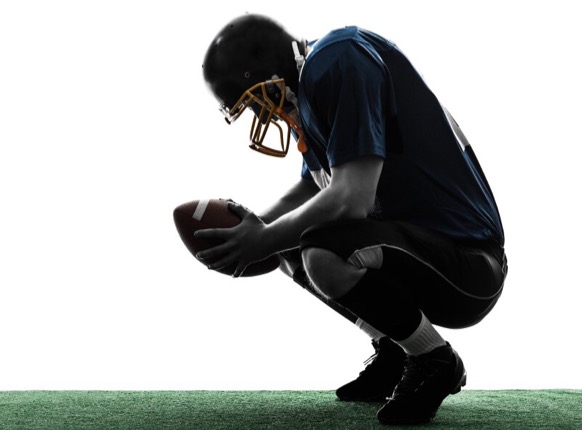The Hidden Opponent

Mental health in athletes is a serious issue that is gaining attention
All athletes encounter struggles during their career. Physical obstacles can stand in the way of opportunities and dreams of athletes, but the constant mental fight is the real, hidden opponent.
Most understand that others opinions and judgement have an affect on how athletes view their skill. Team drama, what your teammates think about you, and even how coaches treat you can all have a serious effect on your mental health; yet, one’s own mind can be worse than the voices of another person.
Thoughts of “I hate this, why do I play?” or “I just want to quit!” run through athletes minds more than they want to admit. At the same time, these players also struggle with a desire to continue the sport or feel that they just can’t quit. It is a difficult battle to win accompanied by haunting thoughts that consume your mind and sometimes your play.
“Sometimes coaches tear you down so much year after year that you just lose interest in the sport. You’re not playing because you love the sport, you’re playing so you don’t let anybody down. Practice also drains you mentally. I remember times when I would go to practice after school and wouldn’t get done till 10pm, and I would have no time for homework,” senior Grace Catlett said.
Mental health in athletics is a serious topic that is just now beginning to gain attention. Countless athletes feel this way, but few have confronted the problem or talked about it publicly.
Former USC athlete Victoria Garrick has addressed the mental health issue during a TedTalk and has also opened up on her podcast Real Talk about her own mental struggles on the court.
“My hands start to shake and eyes well with tears because I was so afraid to play and make a mistake, because at an elite level mistakes are costly and on top of it I had school and exams and family and a social life and I couldn’t handle everything coming at me so fast and just piling up at one time,” Garrick said.
There are many ways for athletes to improve their mental health. The first step is acknowledging and identifying your emotions. Taking care of your own physical health is imperative to improving your mental health—eating healthy, exercising, and getting plenty of sleep all affects how you think. When facing the toughest of times, it’s always good to talk to your family, teammates, or coaches and try to remember why you started playing the sport in the first place, the highs of the game and when it makes you happiest.
“Well it takes a toll with all the pressure of performing perfectly every practice and game. The majority of mental health during competitive sports is not good, but it is all worth it and gives you a good high for a while. Until the next practice…,” senior Ben Messer said.
Mental health is much more of a prevalent issue in athletics than many assume. By focusing and improving one’s mental state, players will improve their overall play and confidence! Through the blood, sweat, and tears of each sport, athletes gain another level of strength by embracing the emotional toll and pushing forward to be the best athlete possible.

McKinley Curran is a senior at St. Dominic. She is a part of the varsity girls volleyball program and is also a peer minister. Outside of school she loves...






